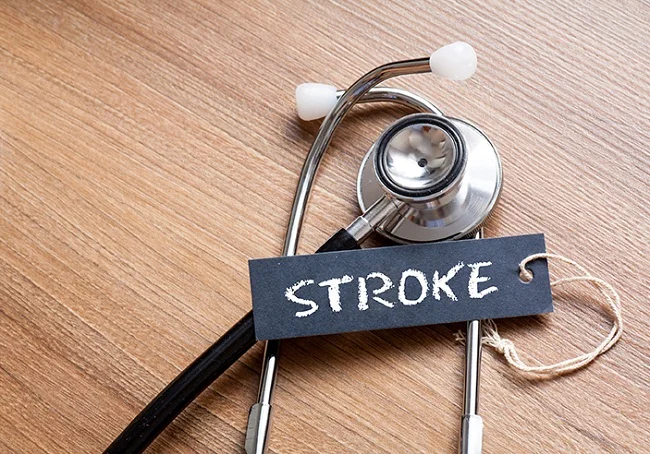Diabetes is a rapidly spreading disease that has reached epidemic proportions. There are three variants – Diabetes type I, type 2 diabetes, and gestational diabetes.
This seemingly innocuous disorder, which people feel will disappear if sugars are avoided, is very harmful if not treated. Untreated diabetes type I causes many other disorders and complications. Among them, stroke is a major cause for worry.
By maintaining normal sugar level and blood pressure, one can reduce the risk of many heart problems and stroke to a large extent. Problems arise when the pancreas is unable to produce required amount of insulin to convert sugars into energy. In type one diabetes, this occurs due to the destruction of pancreatic cells that produce insulin.
When untreated, high blood sugar levels tend to damage the arteries and small blood vessels. This results in poor blood circulation, which is the main cause of most diabetes complications. When the required amount of blood does not reach the brain, function gets affected and causes stroke.
What is a stroke?
Stroke is a “brain attack” meaning that oxygen supply to the brain is cut off. This happens when arteries carrying critical blood supply to the brain get damaged, blocked, thicken, and even rupture due to plaque or fat accumulation and are unable to carry the required amount of blood for normal functioning of the brain. People with type one diabetes are at an increased risk of getting stroke.
6 ways to reduce risk of stroke in type 1 diabetes
1. Glycemic Index
Glycemic index is the sugar factor in any given food item. GI (glycemic index) is a pointer to levels of sugar in a particular product or food, and how easily the sugar factor in it can be processed. This is vital information to have on hand to avoid diabetes complications like cholesterol, high blood pressure, cardiac issues leading to strokes, liver, kidney and foot problems. This particularly vital for people with Diabetes Type I as consuming foods with low GI can improve glycemic control and reduce blood sugar fluctuations.
2. Hypertension and Mental Health
Stress, depression are roots of most ailments. Take advice or help for any psychological issues. Be mentally healthy. Keep blood pressure under control and avoid diabetes complications by maintaining normal blood sugar levels. The body will automatically stay healthy.
3. Nutrition
Wholesome and a balanced diet is the key to good health. Foods and the way they are cooked are the main criteria for normal sugar levels, healthy cholesterol levels and good cardiac health especially for people with Type one diabetes.
4. Physical health and prevention of diseases
Problems like thyroid, liver function, kidney function, heart and blood pressure issues should be assessed immediately along with blood sugar levels. This is because any of these diseases can be the cause for the other. Like thyroid can cause high glucose levels in the blood, high blood sugar levels can cause diabetes complication in every organ in the body. Maintain normal blood sugar levels. Type one diabetes starts showing symptoms from a very early age. Hence it is very important to intervene aggressively from the onset itself to avoid future diabetes complications.
5. Lifestyle and exercise
A change towards a healthy life style is necessary to avoid Heart problems and ischemic strokes. Quit smoking. It is the root of all problems. Incorporate an exercise regimen like yoga, aerobic or anaerobic exercises, walking. The body has to keep moving to burn or use up energy generated by fats and carbohydrates. Make a conscious effort to switch to healthy options in foods. This is vital for the young and middle-aged people suffering from type one diabetes because symptoms of this disease can appear very early in life and need aggressive handling from the onset.
6. Monitoring and diagnostic tests
It is a good option to have health checkups annually or biannually depending on age and ailments. Blood sugar levels can be checked at home with a glucose monitor. It will be very helpful if sugar levels are monitored regularly at a diagnostic centre for HbA1c, fasting and postprandial especially in case of a family history of Type one diabetes.
Live an educated life with care. Exercise, healthy food and regular checkups will help greatly in protecting you from the epidemic menace of diabetes type I, Type II and gestational diabetes.
